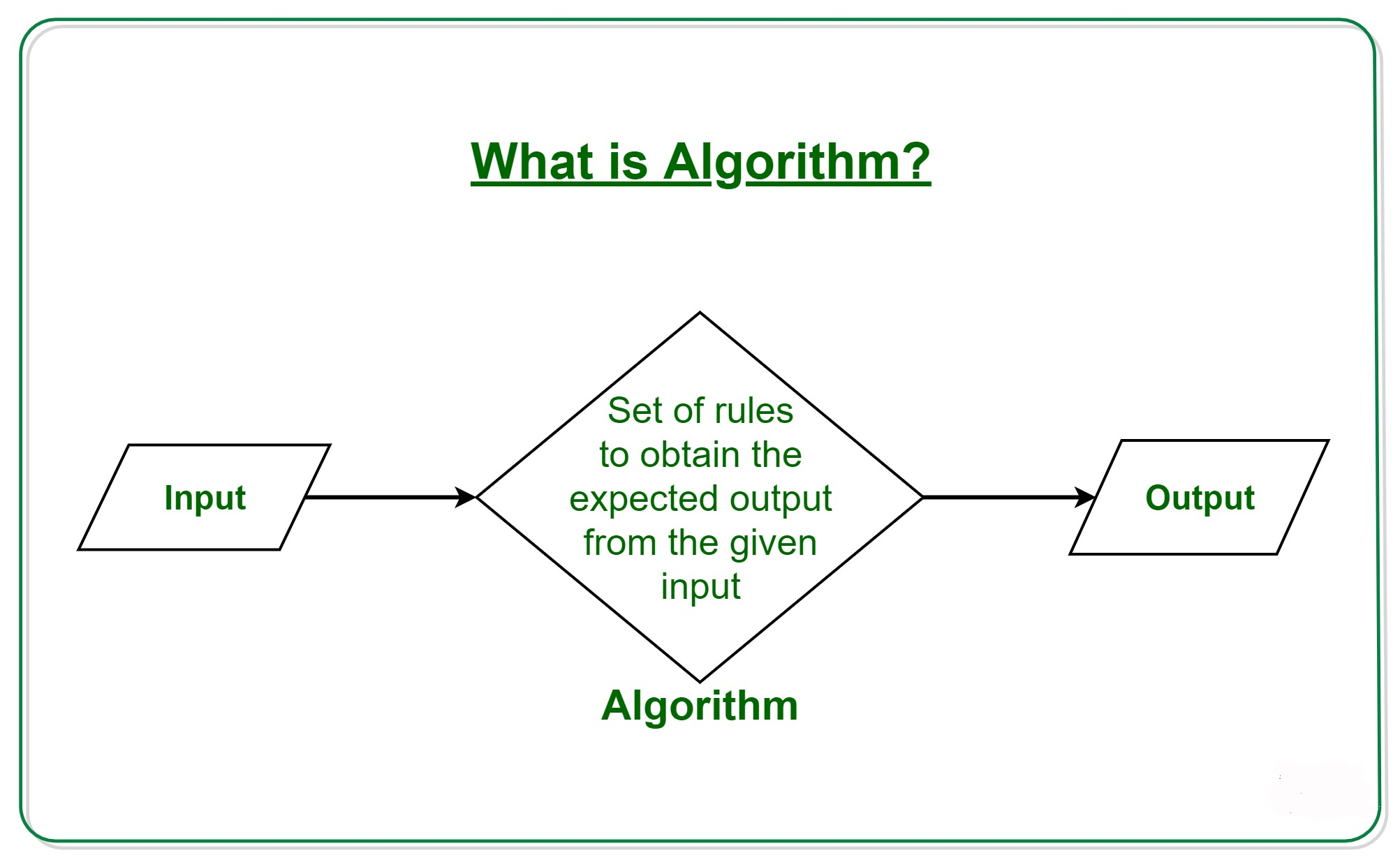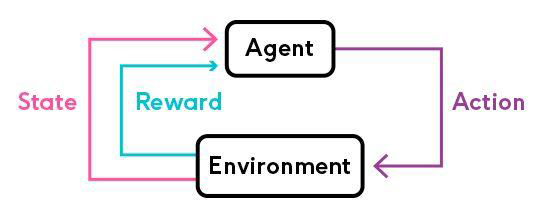
You've probably heard of Scale AI and its data infrastructure, but do you know what it is? What is it and what is its importance for businesses? Scale AI is an AI company that helps businesses prepare and operate machine learning. This article will discuss some of Scale AI's key benefits. Let's get started! And don't forget to share it with your colleagues and co-workers.
Scale AI is a data infrastructure for AI
Data infrastructure is vital for AI to be built and operated. Scale AI, a provider of this data infrastructure, has just won a government contract. This $249 million contract will make Scale AI's technology available for all federal agencies. It will also enable the United States to develop operational AI/ML capabilities. Scale's technology is already being used in the autonomous vehicle industry, which has increased the speed of decision-making.

The labeling tool of the company determines whether a task needs expert labelers. It avoids the flaws of consensus vote, which sends tasks to five people with a majority. Scale AI provides expert assistance to help with the majority of incorrect responses. It then attempts automation of the labeling process via ML. After all, AI is a powerful tool to improve business operations, and a data infrastructure is an essential component of any intelligent machine.
It allows businesses to prepare data for machine-learning.
Scale AI can help companies prepare data for AI. Through its preparation of data for machine learning, the company has grown to $7.3 billion. Scale AI's core business focuses on real data. However, Scale AI also enters the synthetic data category which is one the most popular areas of AI. These companies are able to help businesses prepare data in machine learning scenarios.
Before developing a strategy for data, businesses need to determine the types of data they need. It's easy to rush into production with a new idea, but a poorly constructed data strategy will hinder the success of your AI solution. Weak data can provide immediate value, but it won't scale. Nick Millman discusses the importance of having a clear data strategy in place for companies before they implement AI.
It helps them operationalize AI
Businesses must establish their business goals before they implement artificial intelligence. They also need to identify the most useful metrics. Organizations will need the right metrics to be able measure and optimize their AI system's performance. There are several challenges that may prevent companies from successfully implementing AI in their operations. Lack of knowledge within an organization is one of the biggest issues. Companies need to develop strategic alliances with AI vendors.

The last mile implementation process is often complex, manual, and siloed. These obstacles make it difficult for new AI solutions to be released. AI teams spend a lot time on custom ETL and this reduces the technology's overall value. Continuous integration is essential for operationalizing AI. It enhances data infrastructure, removes silos of information and thinks more clearly. The implementation process can be made simpler, faster, cheaper, and more efficient with Continual.
FAQ
What are the benefits to AI?
Artificial intelligence is a technology that has the potential to revolutionize how we live our daily lives. It has already revolutionized industries such as finance and healthcare. It is expected to have profound consequences on every aspect of government services and education by 2025.
AI is already being used to solve problems in areas such as medicine, transportation, energy, security, and manufacturing. The possibilities for AI applications will only increase as there are more of them.
What makes it unique? First, it learns. Computers learn by themselves, unlike humans. Instead of being taught, they just observe patterns in the world then apply them when required.
AI stands out from traditional software because it can learn quickly. Computers can scan millions of pages per second. They can quickly translate languages and recognize faces.
Artificial intelligence doesn't need to be manipulated by humans, so it can do tasks much faster than human beings. In fact, it can even outperform us in certain situations.
A chatbot named Eugene Goostman was created by researchers in 2017. This bot tricked numerous people into thinking that it was Vladimir Putin.
This shows that AI can be extremely convincing. AI's ability to adapt is another benefit. It can be trained to perform new tasks easily and efficiently.
Businesses don't need to spend large amounts on expensive IT infrastructure, or hire large numbers employees.
What does AI mean for the workplace?
It will revolutionize the way we work. We will be able to automate routine jobs and allow employees the freedom to focus on higher value activities.
It will improve customer services and enable businesses to deliver better products.
It will allow us to predict future trends and opportunities.
It will enable organizations to have a competitive advantage over other companies.
Companies that fail AI will suffer.
From where did AI develop?
Artificial intelligence began in 1950 when Alan Turing suggested a test for intelligent machines. He said that if a machine could fool a person into thinking they were talking to another human, it would be considered intelligent.
John McCarthy, who later wrote an essay entitled "Can Machines Thought?" on this topic, took up the idea. John McCarthy published an essay entitled "Can Machines Think?" in 1956. He described the problems facing AI researchers in this book and suggested possible solutions.
How does AI function?
Basic computing principles are necessary to understand how AI works.
Computers store data in memory. Computers use code to process information. The code tells a computer what to do next.
An algorithm is a set or instructions that tells the computer how to accomplish a task. These algorithms are often written using code.
An algorithm can be thought of as a recipe. A recipe could contain ingredients and steps. Each step can be considered a separate instruction. For example, one instruction might read "add water into the pot" while another may read "heat pot until boiling."
AI: Is it good or evil?
AI is seen in both a positive and a negative light. It allows us to accomplish things more quickly than ever before, which is a positive aspect. Programming programs that can perform word processing and spreadsheets is now much easier than ever. Instead, our computers can do these tasks for us.
Some people worry that AI will eventually replace humans. Many believe that robots will eventually become smarter than their creators. This could lead to robots taking over jobs.
Which industries use AI most frequently?
The automotive sector is among the first to adopt AI. BMW AG uses AI for diagnosing car problems, Ford Motor Company uses AI for self-driving vehicles, and General Motors uses AI in order to power its autonomous vehicle fleet.
Other AI industries include insurance, banking, healthcare, retail and telecommunications.
Is Alexa an artificial intelligence?
Yes. But not quite yet.
Alexa is a cloud-based voice service developed by Amazon. It allows users to communicate with their devices via voice.
The Echo smart speaker was the first to release Alexa's technology. Other companies have since created their own versions with similar technology.
Some of these include Google Home, Apple's Siri, and Microsoft's Cortana.
Statistics
- While all of it is still what seems like a far way off, the future of this technology presents a Catch-22, able to solve the world's problems and likely to power all the A.I. systems on earth, but also incredibly dangerous in the wrong hands. (forbes.com)
- The company's AI team trained an image recognition model to 85 percent accuracy using billions of public Instagram photos tagged with hashtags. (builtin.com)
- By using BrainBox AI, commercial buildings can reduce total energy costs by 25% and improves occupant comfort by 60%. (analyticsinsight.net)
- In 2019, AI adoption among large companies increased by 47% compared to 2018, according to the latest Artificial IntelligenceIndex report. (marsner.com)
- A 2021 Pew Research survey revealed that 37 percent of respondents who are more concerned than excited about AI had concerns including job loss, privacy, and AI's potential to “surpass human skills.” (builtin.com)
External Links
How To
How to Setup Google Home
Google Home is a digital assistant powered by artificial intelligence. It uses natural language processing and sophisticated algorithms to answer your questions. With Google Assistant, you can do everything from search the web to set timers to create reminders and then have those reminders sent right to your phone.
Google Home is compatible with Android phones, iPhones and iPads. You can interact with your Google Account via your smartphone. Connecting an iPhone or iPad to Google Home over WiFi will allow you to take advantage features such as Apple Pay, Siri Shortcuts, third-party applications, and other Google Home features.
Like every Google product, Google Home comes with many useful features. Google Home can remember your routines so it can follow them. So when you wake up in the morning, you don't need to retell how to turn on your lights, adjust the temperature, or stream music. Instead, you can simply say "Hey Google" and let it know what you'd like done.
To set up Google Home, follow these steps:
-
Turn on your Google Home.
-
Hold down the Action button above your Google Home.
-
The Setup Wizard appears.
-
Select Continue
-
Enter your email address and password.
-
Click on Sign in
-
Google Home is now available